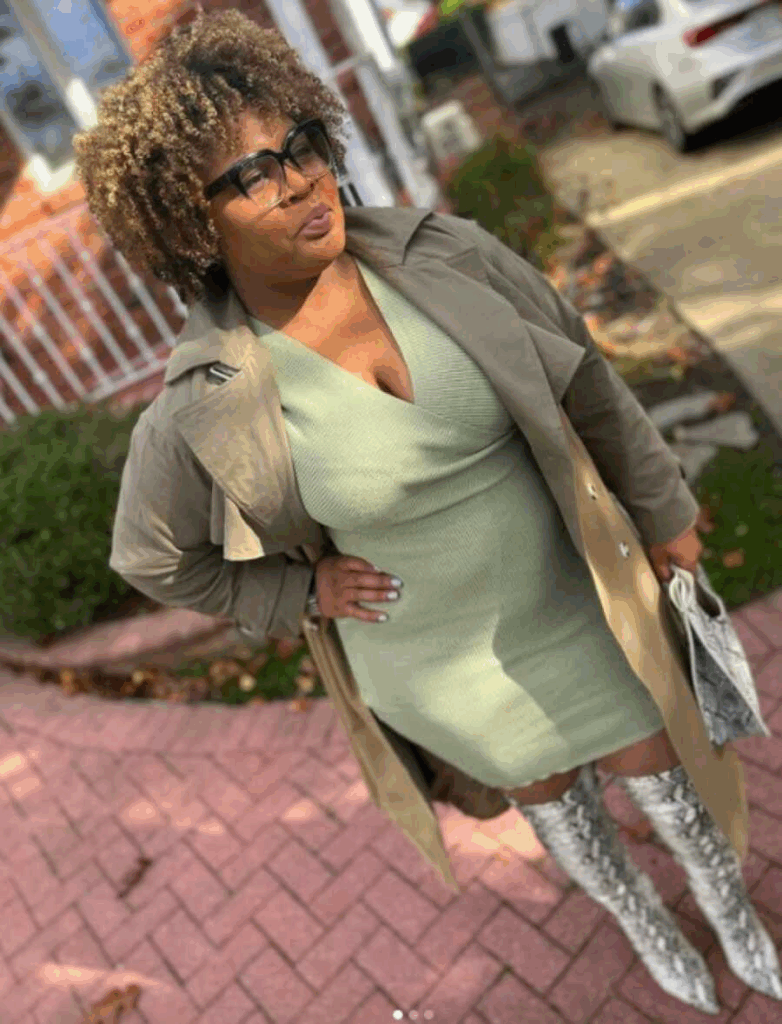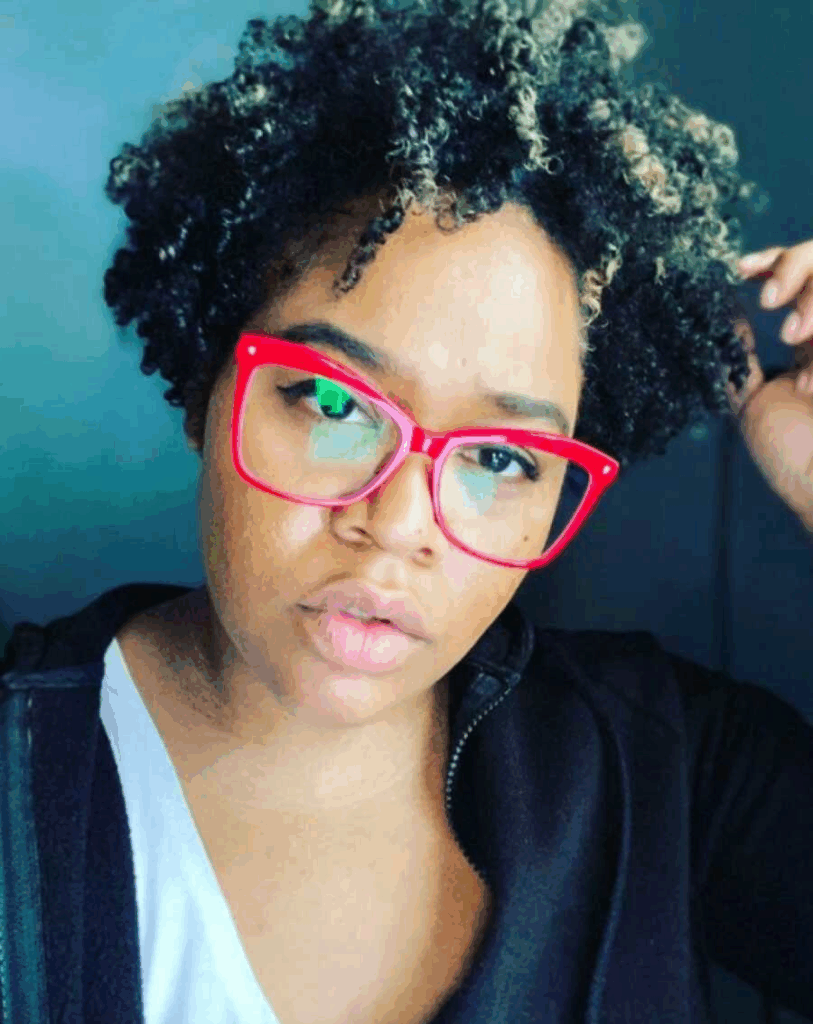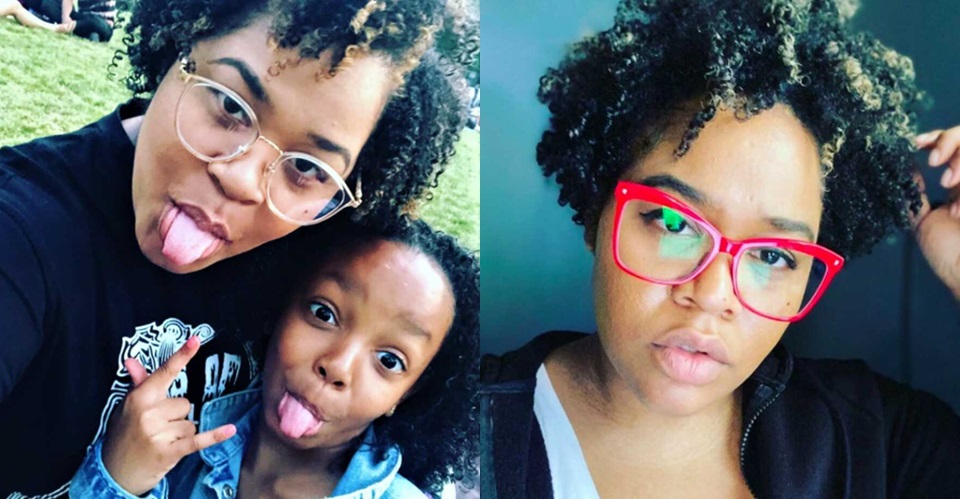She didn’t replace anyone; she found her place, and their family grew stronger in that space. They met 16 years ago in a Verizon training room because she was late and the only empty seat was next to him. He was loud but kind, handsome but approachable, and they clicked as teammates. She was seeing someone then, so they kept it friendly: group projects, lunch with coworkers, silly emails. When orientation ended, they traded numbers and drifted through the next eleven years as cheerful check-ins: a birthday text here, a New Year’s note there, even a surprise lunch once. In that stretch, she learned, mainly through Instagram, that he had a daughter. She filed it away and kept moving.

By 2014, she’d just crawled out of a ten-year relationship that had defined her twenties and left her heart sore. She wasn’t hunting for anything new, especially not something serious. He reached out anyway, steady and warm. When he invited her over for Labor Day weekend, she decided to take a breath and say yes. He cooked every meal. They bounced around a trampoline park, strolled the beach, and laughed like old friends. A few months later, he asked her to be his girlfriend, and she froze. She wasn’t entirely over her ex, and the idea of dating a man with a small child felt like stepping toward more neglect, not less. She’d spent years feeling like an afterthought. How could she be first when a baby rightly came first?
Still, she chose to see what was true rather than what she feared. Three months in, she met his two-year-old on a playdate. She stayed soft at the edges, watching them interact, joining only when invited, keeping affection with Dad light around little eyes. By lunch’s end, the toddler was chatting to her. The next visit, tiny arms reached up for a lift. Something easy settled in. Over the following months, she saw it clearly: there was no competition to win.

They weren’t two priorities fighting for space in his life. They were both essential in different ways, and he carried that responsibility with care. Love didn’t divide him; it widened him. When he proposed a year later, she still wasn’t entirely ready. But she saw their promise and said yes, slowly, with a long engagement. Friends were stunned. Some worried out loud about stepmother landmines: tension with his ex, jealousy if they had a baby, and constant awkwardness. Pieces of that showed up, as they do in real families, but the good moments outnumbered the hard ones by a mile.

She has been in her stepdaughter’s life for almost eight years, long enough to watch a curious toddler grow into a bright, creative ten-year-old. Loving her was never hard; figuring out the shape of that love was. She had to learn her place. She wasn’t trying to be a replacement mom. She was a partner to her husband and a constant, caring adult for his child. Some days felt like “big sister.” Other days, “caregiver.” Always, it meant support, stepping forward when she was needed and stepping back when she wasn’t. Accepting that she wasn’t solely responsible for the child’s outcomes felt wrong to type, like she was pulling away. But naming it helped everyone. It protected boundaries, lowered conflict with her stepdaughter’s mother, and kept her heart steady. Clear roles made the family run smoothly.
Life shifted again when she and her husband welcomed a baby girl. She braced for rivalry that never came. Her stepdaughter melted into big-sisterhood, gentle, eager, proud. The new baby tightened their unit; it didn’t crack it. Watching the girls together feels like standing in sunlight. Becoming a mother also changed how she saw her stepdaughter. She notices her generosity more, her cheerfulness, the way she roots for her family. They’re closer now.

Recently, her stepdaughter asked if she could call her “something else” instead of her first name, no title picked yet, just a sweet desire to label their closeness. Being a stepmom has stretched every tender muscle. It’s the only role she’s had where doing everything isn’t always the right thing, where the win is in teamwork and restraint. It made her more empathetic, thoughtful, and protective of the big picture: two girls who deserve steady love from all the adults in their world.

She won’t hand out a one-size-fits-all guide. Families are too different for that. What she will say is simple: give yourself grace. Parenting is hard. Relationships are hard. Blended families bundle all of it together. You will mess up, learn, and try again. You don’t have to make the most significant contribution to matter deeply. Your steadiness counts. Your kindness counts. Your willingness to keep showing up counts. She looks at her husband, the ten-year-old who once lifted her arms for a hug, and the baby who lights up the room, and she knows she chose right, even before she felt ready. Love didn’t ask her to be everything. It asked her to be herself, on purpose, in the middle of them.











